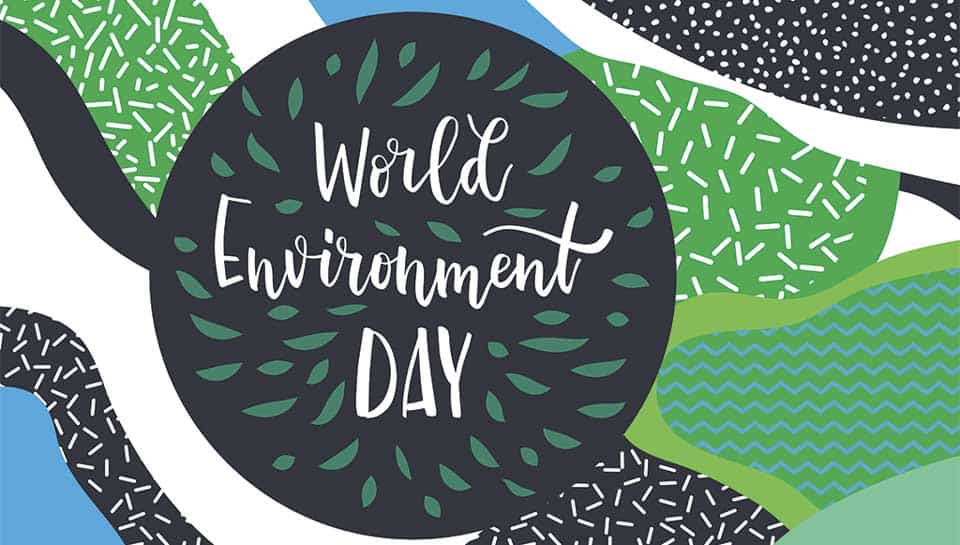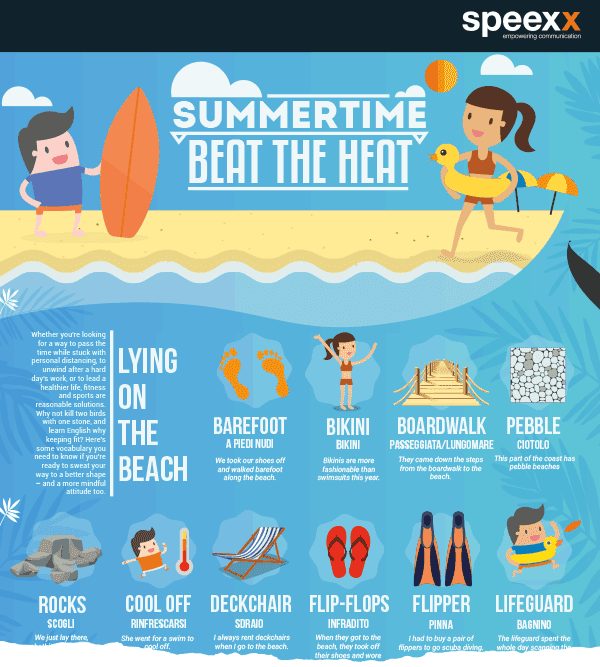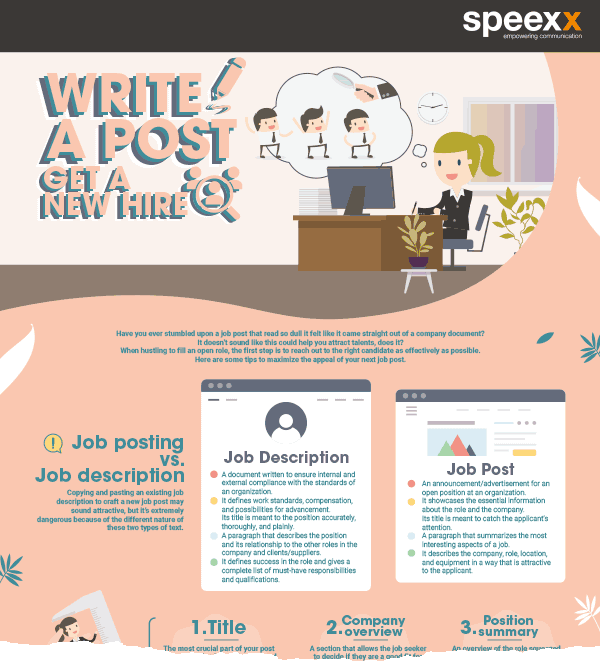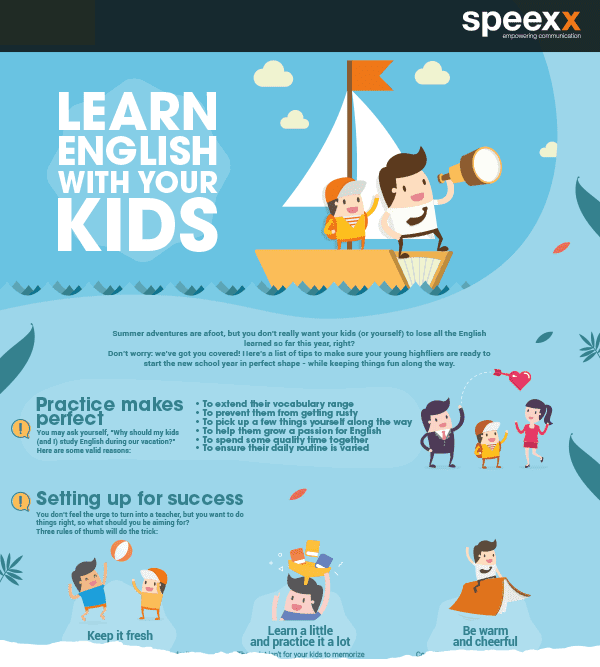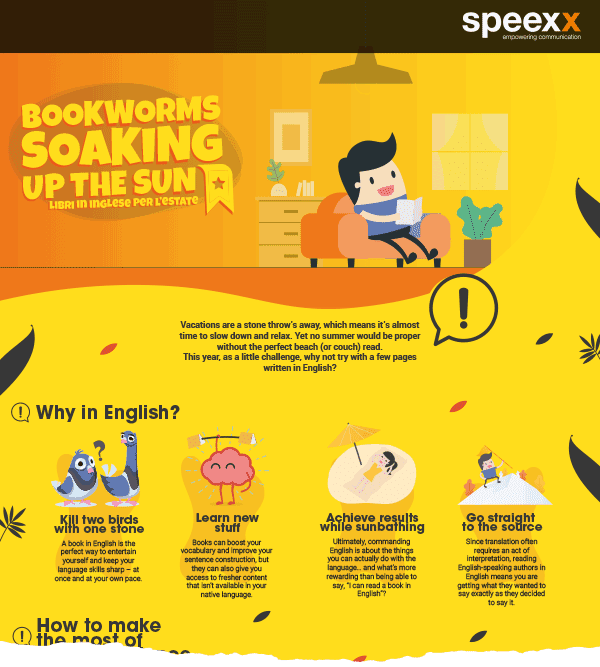World Environment Day | Giornata mondiale dell’ambiente
The World Environment Day è la giornata mondiale che United Nations ha creato per incoraggiare tutti ad essere più protettivi dell’ambiente. Questo è il messaggio offerto dalle Nazioni Unite:
“This is our moment. We cannot turn back time. But we can grow trees, green our cities, rewild our gardens, change our diets and clean up rivers and coasts. We are the generation that can make peace with nature. Let’s get active, not anxious. Let’s be bold, not timid.”
Ecco alcuni dei problemi:
Climate change
Climate change, also called global warming, refers to the changes in the climate and a rise (un aumento) in the average (media) temperatures on Earth.

–
Deforestation
Rainforests help to control global warming because they absorb carbon dioxide. In recent years, larges areas have been destroyed, as trees are cut down for wood or burned to clear the land for farming (agricoltura). The burning (la combustione) releases (rilascia) large amounts of carbon dioxide into the atmosphere.

–
Pollution
Air pollution and climate change are closely linked. Often it is the same gases that create the poor air quality in cities which can cause serious health problems for people living in urban areas. Water pollution is a huge problem and unclean water is a major threat (minaccia) to human health. Soil (terreno) pollution is also a big problem. The use of fertilizer and pesticides can contaminate land and threaten (minacciare) food security.

–
Recycling
Recycling is the processing of used objects and materials so that they can be used again. About 60% of rubbish from homes and factories contain materials that could be recycled. Recycling saves energy and also reduces damage to the countryside.

–
Renewable energy
Up until now, most of the energy we used came from coal (carbone), oil and gas. But these will not last forever and burning them is a major cause of climate change. Many countries are now choosing to use renewable sources for their energy needs. Solar energy from the sun, wind power from turbines, hydroelectric energy from rivers and sea water are the main sources of renewable energy.
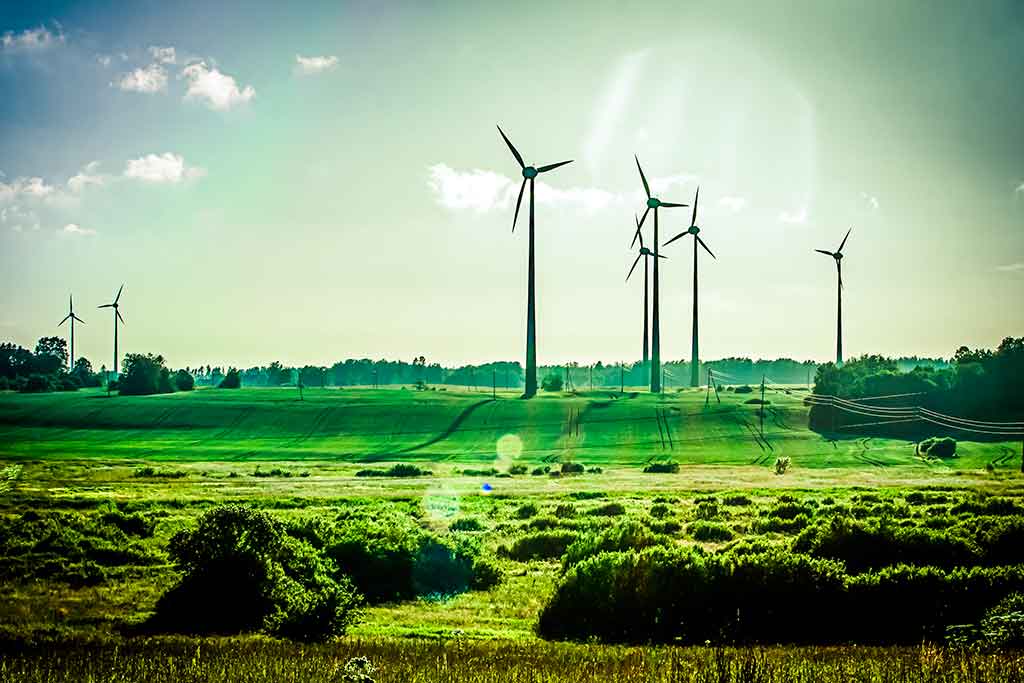
–
Public transport
Transport has a large environmental impact. People use cars more, especially in urban areas and this is one of the largest growing (crescente) sources of carbon dioxide in the world. By using public transport (buses, trains, metros) or cycling in cities emissions from urban transport could be cut (ridotta) by more than (più di) 50%.
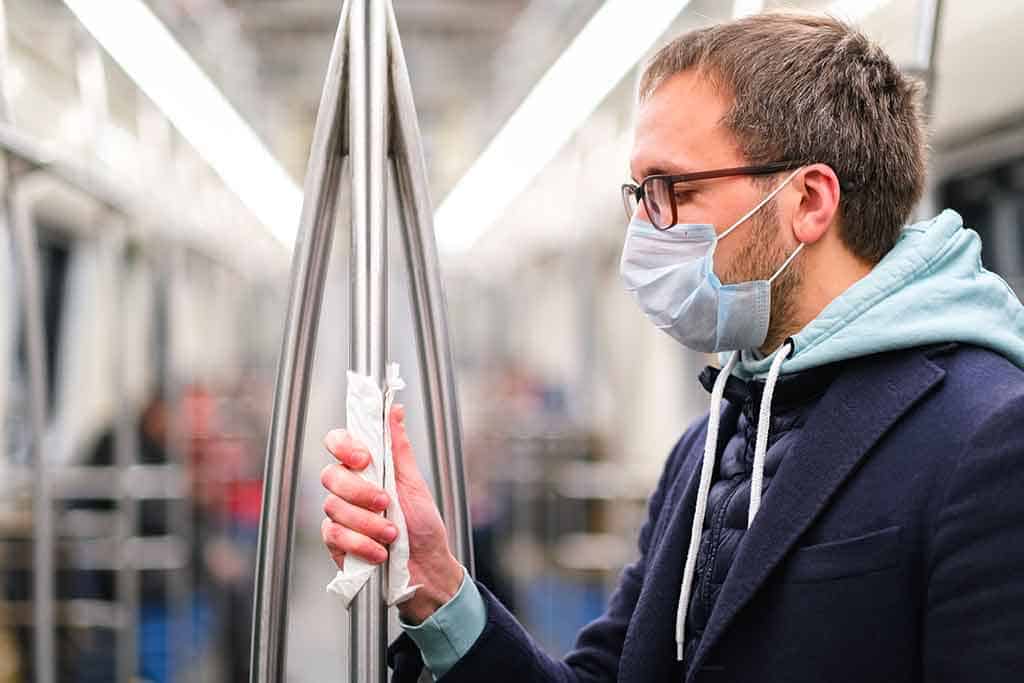
Vocabulary
– Carbon footprint: impronta di carbonio (Travelling by air, driving a car or using coal-generated electricity will make your carbon footprint bigger)
– Clear-cut: disboscare (Forests never recover fully after being clear-cut)
– To compost: compostare (Since we started composting we’ve reduced our garbage by half)
– Contaminated: contaminato (Their contaminated milk powder made lots of babies really sick)
– Domestic waste: rifiuti domestici (How much domestic waste does your family produce every day?)
– To dump: buttare via/gettare (You can be sent to jail for dumping hazardous waste, you know)
– Greenhouse Gas: Gas serra (The more greenhouse gases we produce, the worse climate change will get)
– To pollute: inquinare (Fumes from factories pollute our air)
– To preserve: salvaguardare (We need stronger laws in order to preserve our forests)
– To recycle: riciclare (The green bin’s for things that can be recycled like paper and glass)
– Renewable: rinnovabile (We’re producing cheaper renewable energy these days)
Domande
Per finire aggiungo alcune domande sull’ambiente che potrebbero servirti per avere una conversazione con un tuo amico inglese:
– Do you agree that our weather is going crazy?
– Do you think tornadoes, floods (alluvioni) and earthquakes (terremoti) happen more often nowadays than they used to in the past?
– Do you think that ecology and people’s health are connected?
– Why is it not safe nowadays to be in the direct sunlight in certain places?
– Do you think that a water shortage (scarsità) is a serious problem today?
– I’d like to touch the problem of cars. I think they ruin the countryside and the wildlife. Don’t you think It would be better to go on foot and to give up (rinunciare) using them?
– How can we personally take part in the clearing up (ripulire) our planet?
